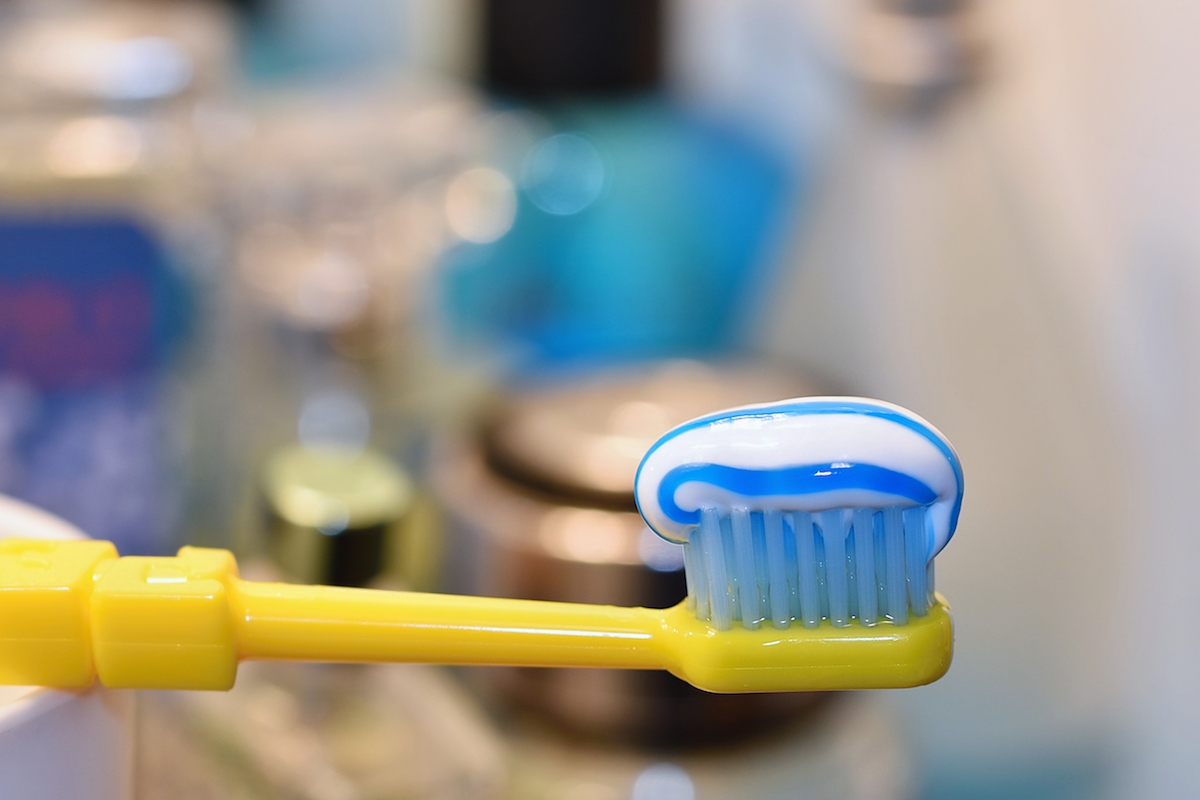
More people look for natural products to use, including what they use to clean their teeth and gums. While choosing ones that have no chemicals is becoming popular, patients who have issues like gum disease still need to make sure that the toothpaste they are using will also help treat their periodontitis.
Natural treatments can be successful in maintaining gum health, although it is always important to talk to your dentist about your gum disease and how to treat it successfully.
What Is Gum Disease?
Gum disease can affect lots of people and those who have it end up with damaged gum tissues and also lose some of their teeth. Fortunately, when patients go to their dentist and have their periodontal disease diagnosed early, it is easy to use natural treatments to stop and reverse the damage to gums.
Gum disease manifests in inflamed gums. When it is not treated, it can worsen and lead to loss of teeth, especially when it affects the bone supporting them. The disease comes from the bacteria found in plaque, the colorless film on your gums and teeth, and without good oral habits, they end up multiplying. Daily tooth brushing and flossing will remove this plaque but without it, the bacteria can go on infecting the gums and teeth. Eventually, it will affect the gum tissue and bone that support the teeth. Afterward, the teeth get loose and fall out.
Stages Of Periodontitis
There are 3 stages of gum disease, starting from gingivitis, periodontitis and the last stage is advanced periodontitis.
Stage 1: Gingivitis
This first stage of the disease, gingivitis, is when the gums look inflamed due to the plaque starting to collect at the gum line. This plaque will create toxins or poisons irritating the gums. When you have gingivitis, you may notice some bleeding while brushing or flossing. At this stage, the damage is still reversible because it has not started to affect the connective tissue and the supporting bone.
Stage 2: Periodontitis
When the disease worsens, the damage extends to the bone and connective tissue supporting the teeth. There can be pockets that form in the gums and they can trap plaque and food, making the problem worse. When the disease reaches this stage, the damage is irreversible but with proper treatment, additional damage can be avoided.
Stage 3: Advanced Periodontitis
This is the final stage of the disease, when the bone and the connective tissues are damaged, leaving teeth without the right support. These teeth may shift or loosen, affecting your bite and even leading to tooth loss. At this stage, aggressive treatment is necessary to prevent any loss of teeth.
Signs And Symptoms
Much like with any other disease, early detection is key to make sure there is not a lot of damage to the gums and teeth. However, there is not much pain so the disease can be tough to notice. Instead, keep an eye out for these symptoms and go to the dentist immediately when you notice any one of them.
The most common are sore, bleeding or receding gums. The teeth may also seem longer or loose. Bad breath is another symptom, as well as pockets in the gums, changes in the bite, or pus around the teeth or gums.
Natural Toothpaste Remedies For Periodontitis
If you have periodontitis, here are some of the natural ingredients to look for in a toothpaste for gum disease.
Echinacea
Toothpaste with echinacea is gentle while cleaning your teeth, and it also feeds the gum tissue. It is extracted from a plant called purple coneflower. It may also heal sore and irritated gums.
Rosemary
This ingredient stimulates the flow of blood in the gum tissue. This is a great option for those who have receding gums because it activates the gum tissue’s metabolism and improves regeneration of cells.
Baking Soda
Baking soda is truly a wonder ingredient because it neutralizes acids produced by bacteria. Moreover, it can neutralize the acids in the mouth that may irritate gum tissue and cause decay and bad breath.
Aloe Vera Gel
This works by helping damaged tissue heal faster and will sooth supersensitive teeth. You may also opt to massage the gums with aloe vera gel.
Tea Tree Oil And Myrrh
These ingredients are antiseptic but daily use is not recommended as it may irritate the gum tissue.
Calendula
This is another natural ingredient that is antiseptic, plus it is great at reducing gum disease. It works well with echinacea as well.
Nature has provided the right ingredients to help treat gum disease, which is why it is possible to deal with gum disease without resorting to products that have chemicals in them.